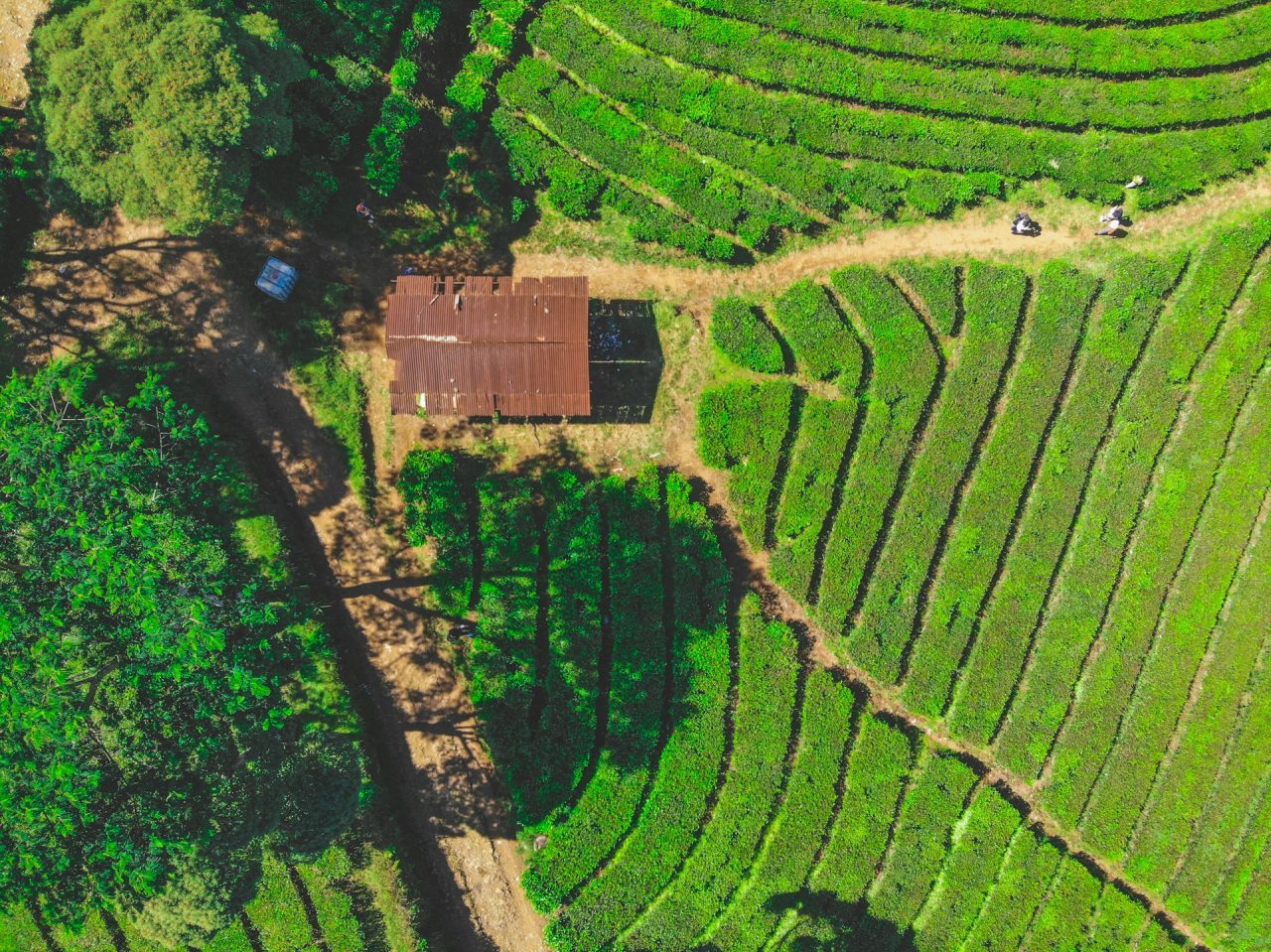The Rise and Opportunities in Indonesia’s Agricultural Commodities
Indonesia, an archipelago nation consisting of thousands of islands, is not only a tourist paradise but also a fertile cradle for a wide array of agricultural commodities. The country has carved out a significant niche in the global market, exporting what can aptly be termed as ‘Green Gold.’ This green gold, comprising commodities like palm oil, coffee, spices, cocoa, tea, and rubber, has anchored the Indonesian economy, boosting its agricultural sector and providing livelihoods to millions. This article delves into the burgeoning rise and the myriad opportunities present in Indonesia’s agricultural export landscape.
The Evolution of Indonesia’s Agricultural Exports
Historically, agriculture has been the backbone of the Indonesian economy, with the sector providing sustenance and employment to a large portion of the population. The evolution from subsistence farming to a robust export-driven sector has been remarkable. The nation’s tropical climate, combined with its fertile volcanic soil, offers perfect conditions for a variety of crops. Over the years, Indonesia has become the world’s leading exporter of palm oil and a significant producer and exporter of coffee, spices, and rubber.
Government policies have played a vital role in this evolution, with initiatives aimed at improving crop yields, fostering sustainable farming practices, and enhancing the quality of export commodities. Such efforts have propelled Indonesia onto the global stage, making it an indispensable player in the agriculture market.
The Crucial Commodities: A Closer Look
Palm Oil
Palm oil, dubbed as liquid gold, is Indonesia’s premier export commodity. The country is the largest exporter of palm oil globally, feeding industries worldwide that produce food, biofuels, and cosmetics. The success story of palm oil underscores innovative agricultural practices and the development of efficient supply chains.
Coffee
Indonesia’s diverse landscapes also produce some of the world’s most unique coffee beans, including the famed Kopi Luwak. Indonesian coffee, known for its rich flavors and aromas, has carved a niche in international markets, with specialty variants increasingly sought after by connoisseurs.
Spices
Historically, the spice trade was central to Indonesia’s economy. Today, the country continues to be a significant exporter of spices such as nutmeg, cloves, and cinnamon. These commodities, which once drove explorers from around the globe to the Indonesian archipelago, remain essential in global culinary arts.
Unveiling Opportunities Amidst Challenges
Despite Indonesia’s success in the global agricultural market, challenges such as climate change, deforestation, and the need for modernization pose threats to sustainable growth. However, these challenges also give rise to opportunities:
- Sustainability and Eco-friendly Practices: There is a growing demand for sustainably produced commodities. Indonesian farmers and exporters are increasingly adopting eco-friendly practices, capitalizing on the global trend towards sustainability.
- Technology and Innovation: Modern agricultural technologies like precision farming, drones, and AI offer the potential to boost productivity, reduce costs, and minimize environmental impacts. Indonesia’s adoption of these technologies could redefine its agricultural landscape.
- Value-added Products: Moving beyond raw exports to producing value-added products can significantly boost Indonesia’s agricultural economy. For instance, processing cocoa into chocolate or manufacturing rubber products domestically can add more value and open new market segments.
- Expansion into New Markets: Diversifying export destinations beyond traditional markets can reduce dependency on a few countries and mitigate risks. Exploring new markets in Africa, the Middle East, and Eastern Europe presents a strategic opportunity for growth.
- Organic and Specialty Commodities: The global rise in health-conscious consumers has spiked the demand for organic and specialty products. Indonesia, with its biodiverse agriculture, is well-positioned to expand into these premium segments.
Toward a Prosperous Future
The path forward for Indonesia’s agricultural export sector involves a blend of innovation, sustainability, and strategic market expansion. Strengthening collaborations between the government, farmers, and the private sector is crucial to enhance productivity, quality, and marketability. Furthermore, prioritizing environmental conservation and social responsibility will not only preserve Indonesia’s natural resources but also appeal to a global audience increasingly valuing ethical and sustainable sourcing.
Conclusion
As Indonesia continues to navigate the complex dynamics of the global agricultural market, its journey of exporting green gold offers valuable insights into the resilience, adaptability, and potential of its agricultural sector. By leveraging its natural advantages, embracing innovation, and committing to sustainability, Indonesia stands on the brink of a new era of prosperity in agricultural exports. The green gold of Indonesia, with its rich history and promising future, symbolizes not only economic wealth but also the profound opportunity and responsibility to cultivate a better world through the treasures of the earth.



